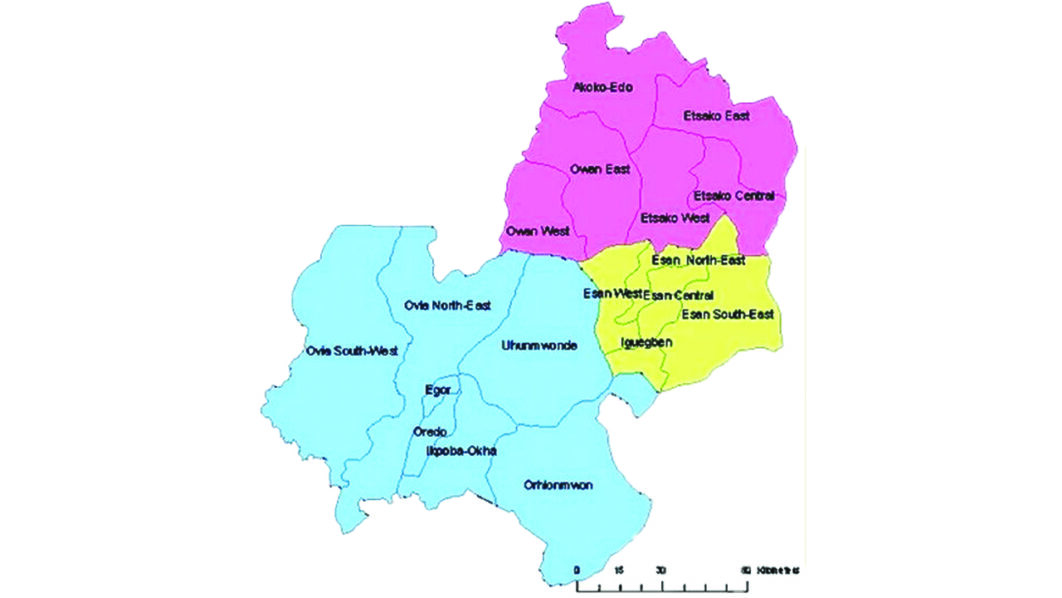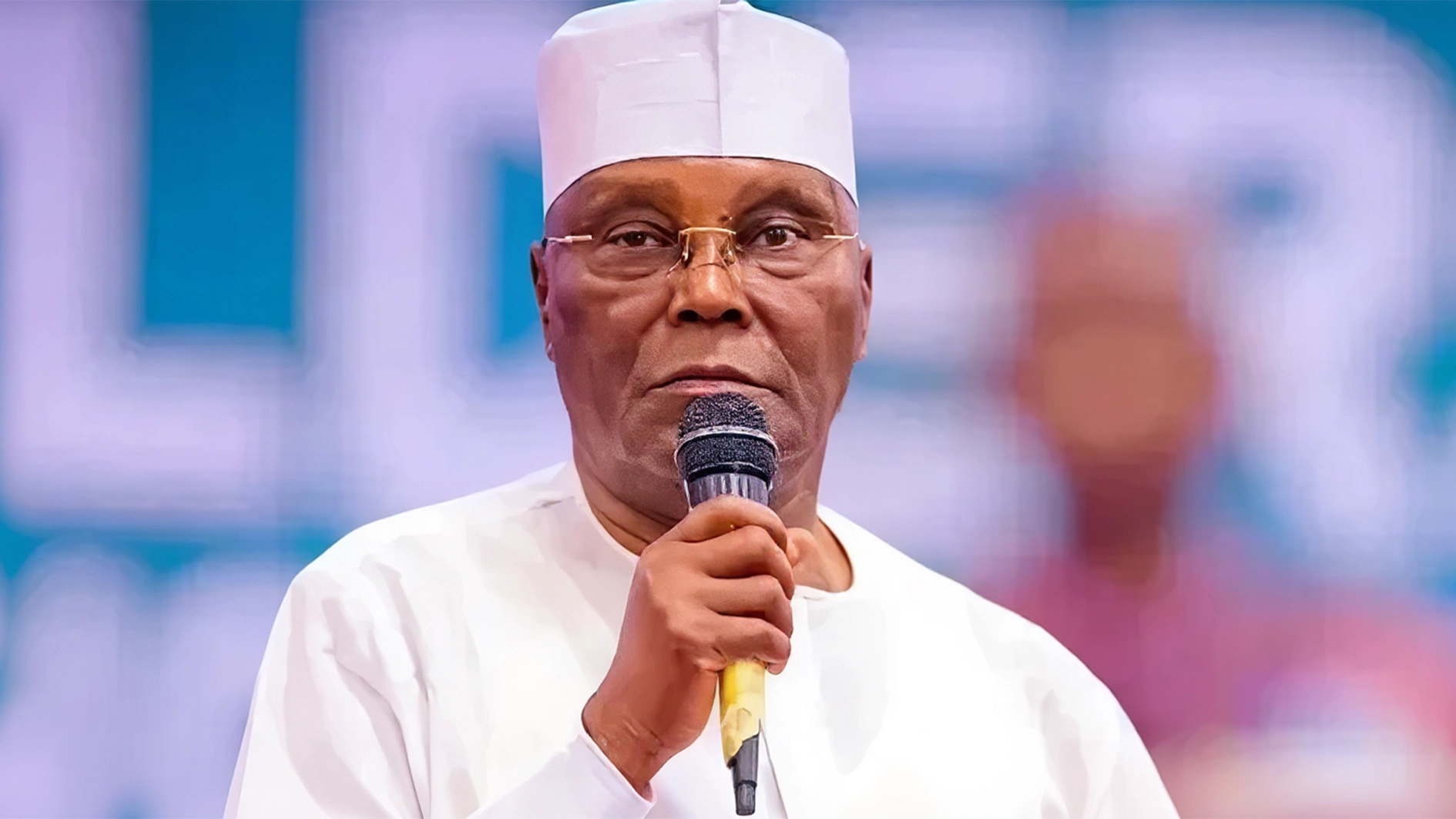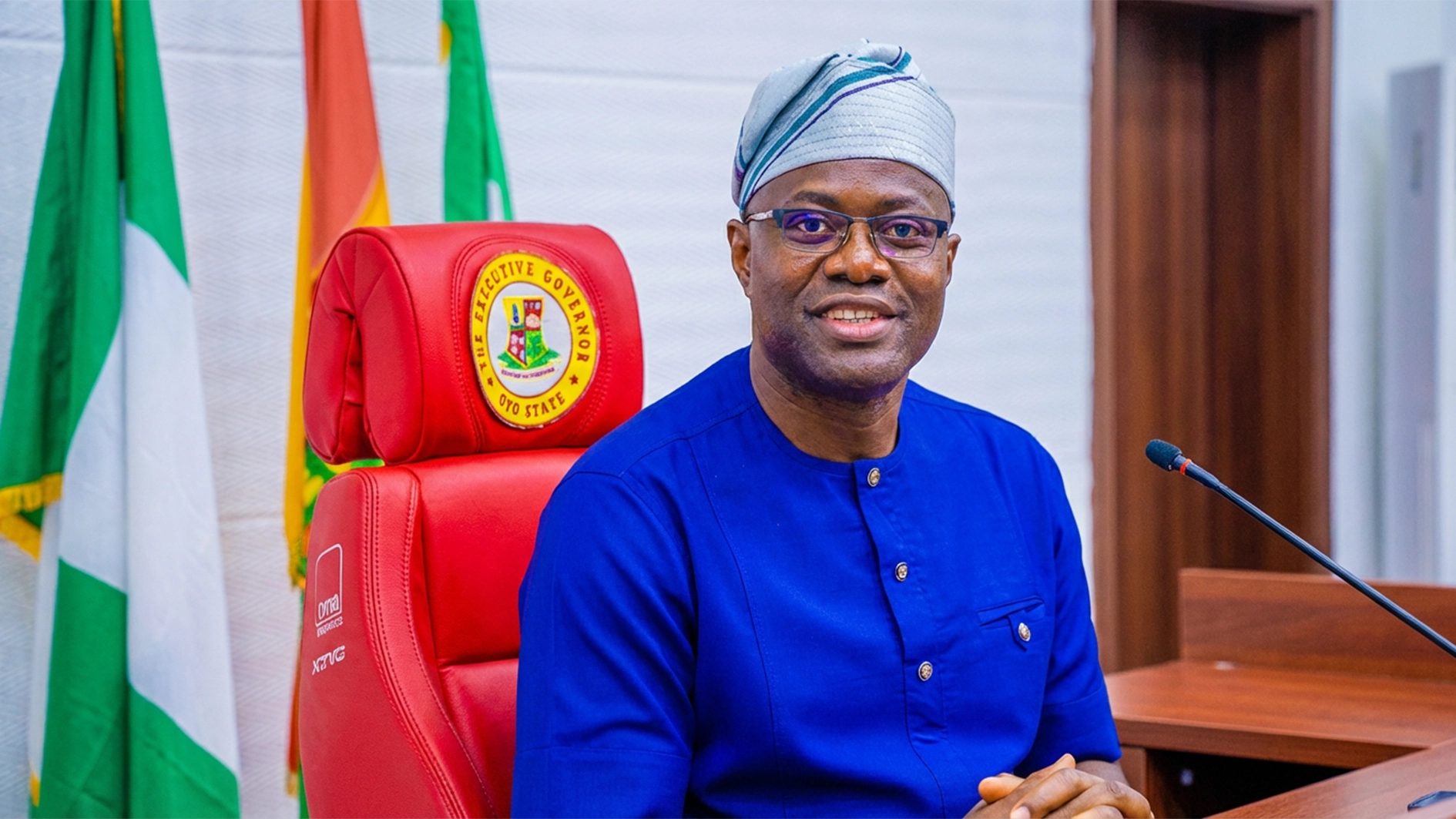
Governorship elections in Edo State have always been keenly contested since Nigeria returned to democratic governance in 1999. In the last 25 years, two major political parties have held power in the state with the ruling People’s Democratic Party (PDP) having the major share of the period, followed by the major opposition, the All Progressives Congress (APC).
In 1999, Chief Lucky Igbinedion of the PDP won the inaugural governorship election. However, by the end of Igbinedion’s second term in 2007, the PDP’s popularity had waned such that despite managing to retain the state with the power of incumbency and federal might as its candidate, Prof. Oserheimen Osunbor, was declared winner of the 2007 poll, the don’s victory was later upturned by the court.
The candidate of the Action Congress (AC), which later transformed to APC, Adams Oshiomhole, contested the outcome of the election in court citing various irregularities and on March 20, 2008, the Edo State Election Tribunal nullified the election of Osunbor and declared Oshiomhole the winner. Also, on November 11, 2008, the Appeal Court sitting in Benin City upheld the ruling of the tribunal declaring Oshiomole as the duly elected governor of Edo State.
In 2012, Oshiomhole was re-elected for a second term and by 2016, he was succeeded by the incumbent governor, Mr. Godwin Obaseki, who ran on the platform of the APC and got his full support.
In the poll, Obaseki and his running mate, Philip Shaibu, dusted the then PDP gubernatorial candidate, Osagie Ize-Iyamu and his running mate, John Yakubu, with 319,483 votes to the PDP’s 253,173.
Midway into Obaseki’s second term, the politics of godfatherism split him and Oshiomhole, on whose shoulders he (Obaseki) rode to office in 2016. As at 2020 when Obaseki was running for re-election, Oshiomhole had already emerged as the national chairman of the APC and used the position to deny his former godson the return ticket of the party, a development that forced the incumbent governor to defect from APC to PDP.
In fact, the 2020 Edo governorship poll was contested beyond the shores of the state with many external factors showing interest. For instance, Ize-Iyamu, who contested on the platform of the PDP against the incumbent governor, defected to APC and secured the party’s gubernatorial ticket while Obaseki ran on PDP’s platform.
Interestingly, President Bola Tinubu, who as at then was the national leader of APC and Man-Friday to Oshiomhole, had colluded against Obaseki. Obaseki, having the support of the people, returned Edo to the PDP after 16 years.
As the electorate troops out to vote today, three major options will be placed before them out of the 17 listed candidates. These are Asue Ighodalo of the PDP, Olumide Akpata of the Labour Party, and Senator Monday Okpebholo of the APC.
Apart from these three candidates and others who will appear on the ballot, several key figures have significant stakes in the race. Although the race bears similarities to the 2020 governorship election, the emergence of the Labour Party as a third force has introduced an element of uncertainty that could shift the election in a different direction.






